
MEMPHIS — When Anthony Finley, 61, bought a house on Castlegate Lane in October 2021, it was the culmination of decades of work as a truck driver.
He’d grown up in Memphis and spent most of his life in one of the city’s lower-income neighborhoods, notorious for high crime rates and deteriorating infrastructure. But on Castlegate, in the city’s Hickory Hill neighborhood, he found stately brick houses with lush sloping lawns far removed from the city’s bustle. The only sound usually interrupting the tranquil blocks was the rumble of garage doors. It’s a neighborhood, Finley said, “where you got to keep everything clean, keep the yard neat and all that.”
Shortly after he moved in, a neighbor two houses down knocked on his door to welcome him. “And when he did that, I was like, ‘Oh man, I’m in a good neighborhood,’” he recalled. “It’s one of the nicest communities in the city. This ain’t the hood of anything.”
That neighbor, Rodney Wells, lived with his wife, RowVaughn Wells, and her son Tyre Nichols, a 29-year-old who had joined them from Sacramento in 2020.
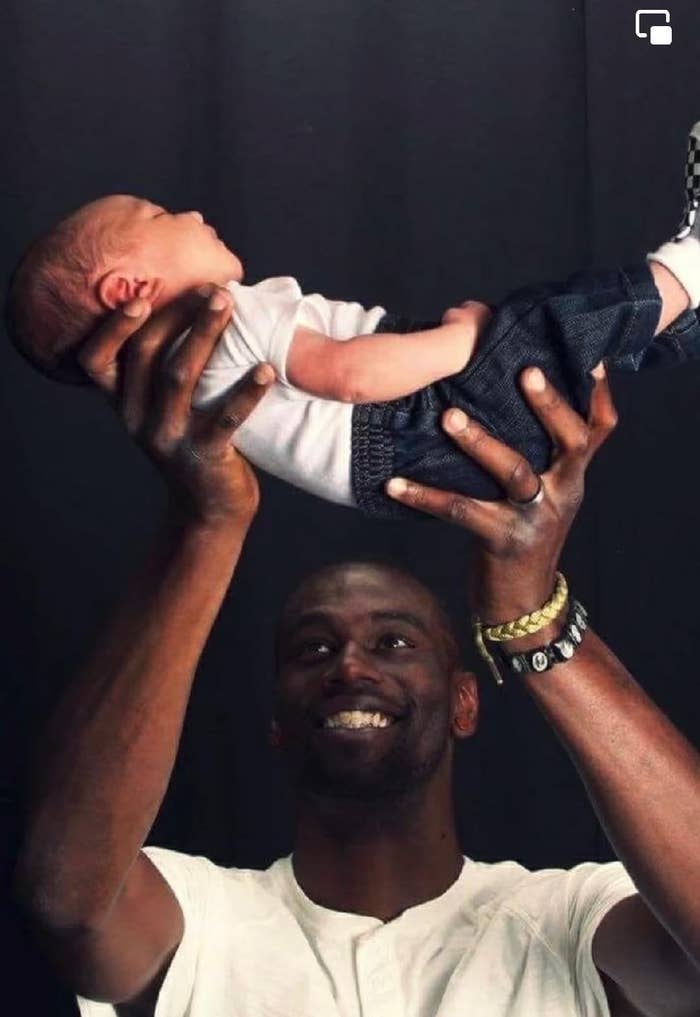
Now, a neighborhood where residents found peace has tumbled into the international spotlight for an act of violence by five Memphis police officers who have been charged with murder for beating Nichols to death after pulling him over in a traffic stop just down the road on Jan. 7. They were part of Scorpion — an acronym for Street Crimes Operation to Restore Peace in Our Neighborhoods — a specialized squad of 40 officers formed in 2021 to address the city’s rising crime rate by targeting “hot spots” of illegal activity.
On Friday, the the city released footage of the beating, showing Nichols screaming for his mother as officers punched him. On Saturday, Memphis Police Chief Cerelyn J. Davis announced that she was disbanding Scorpion.
“It is in the best interest of all to permanently deactivate the SCORPION Unit,” Davis said.
Hickory Hill residents told BuzzFeed News they are now left to wonder how a unit supposedly created to make the city safer ended up instilling a newfound fear into a tight-knit grieving community.
“It makes you look at the neighborhood differently now,” said Jimareon Phillips, a 17-year-old high school student who has lived in the area for 11 years and was sitting in his open garage getting a haircut. “I feel safe over here, but now it makes you cautious to even walk around because you’re scared the police can do that to you.”
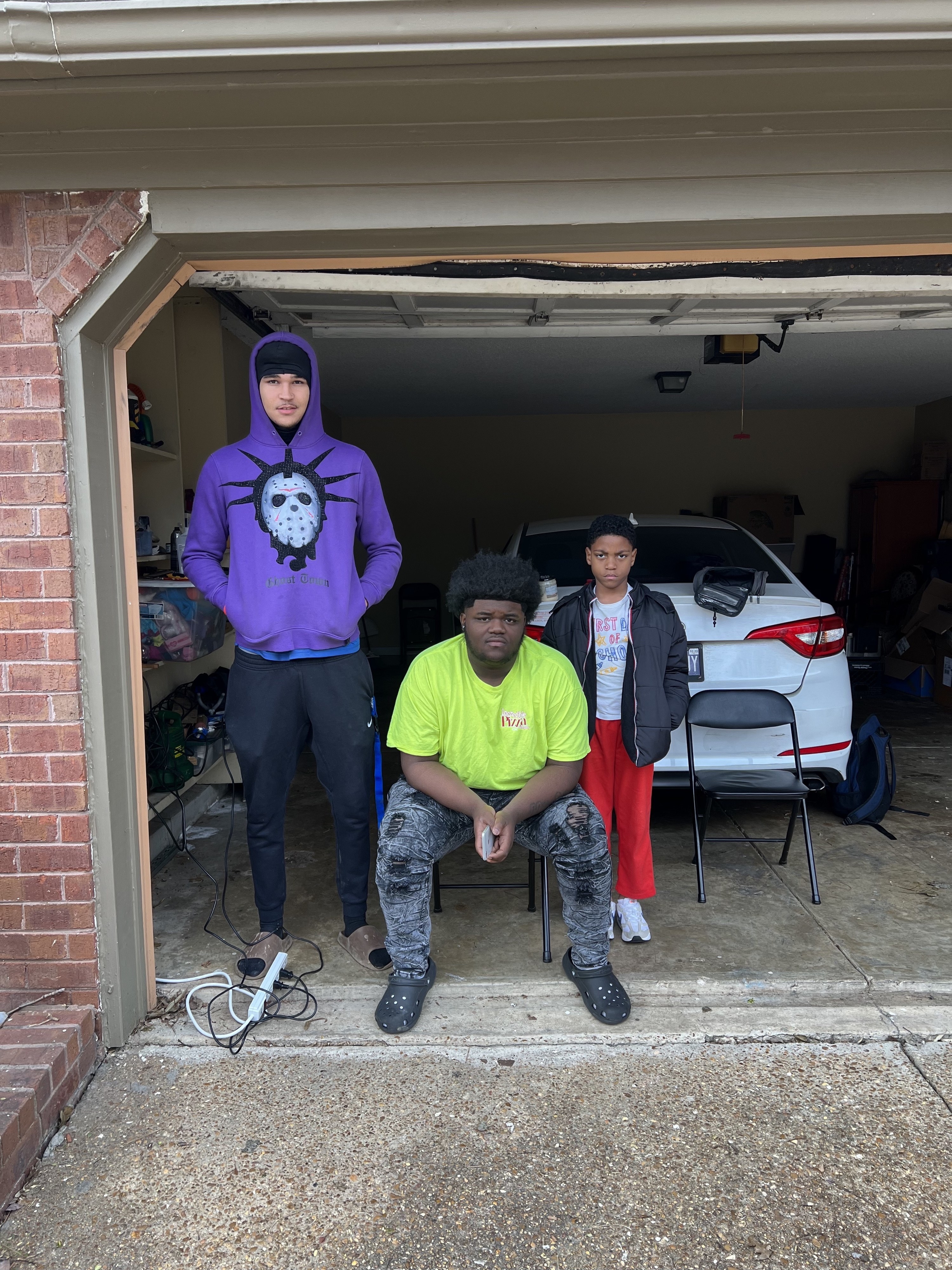
Some residents said they were surprised to learn the specialized unit was patrolling the roads around their homes. Darnell Anderson, a 60-year-old who works for an air conditioner company and has lived in the community for 25 years, said that a neighborhood watch program forged a sense of safety, even as rates of car thefts and shootings ticked upward across the city in recent years.
“Ain’t too much crime going on around here,” Anderson said of his neighborhood. “Everybody looks out for each other.”
Until recent decades, Hickory Hill had been a mostly white suburb just southeast of Memphis city limits, an unincorporated municipality of Shelby County. In 1987, when the city moved to annex the area as part of a broader expansion plan, locals pushed back. A group of them filed a lawsuit, arguing that the city would siphon their tax contributions without being able to provide sufficient public services. The legal battle took 11 years, before ending in a 1998 settlement that incorporated the neighborhood under conditions that included promises to lower utility fees and increase law enforcement presence through “specialty police services,” such as a “24-hour Felony Response Squad.”
By then, though, white residents were already leaving in droves, wary of the annexation plan. From 1980 to 2020, the percentage of white residents in the neighborhood dropped from more than 80% to less than 10%. In their place came an influx of middle-income and working-class Black families. Less than four miles from FedEx corporate headquarters, the neighborhood offered affordable homes and access to a variety of job options, with a sprawling mall anchoring a busy commercial thoroughfare.
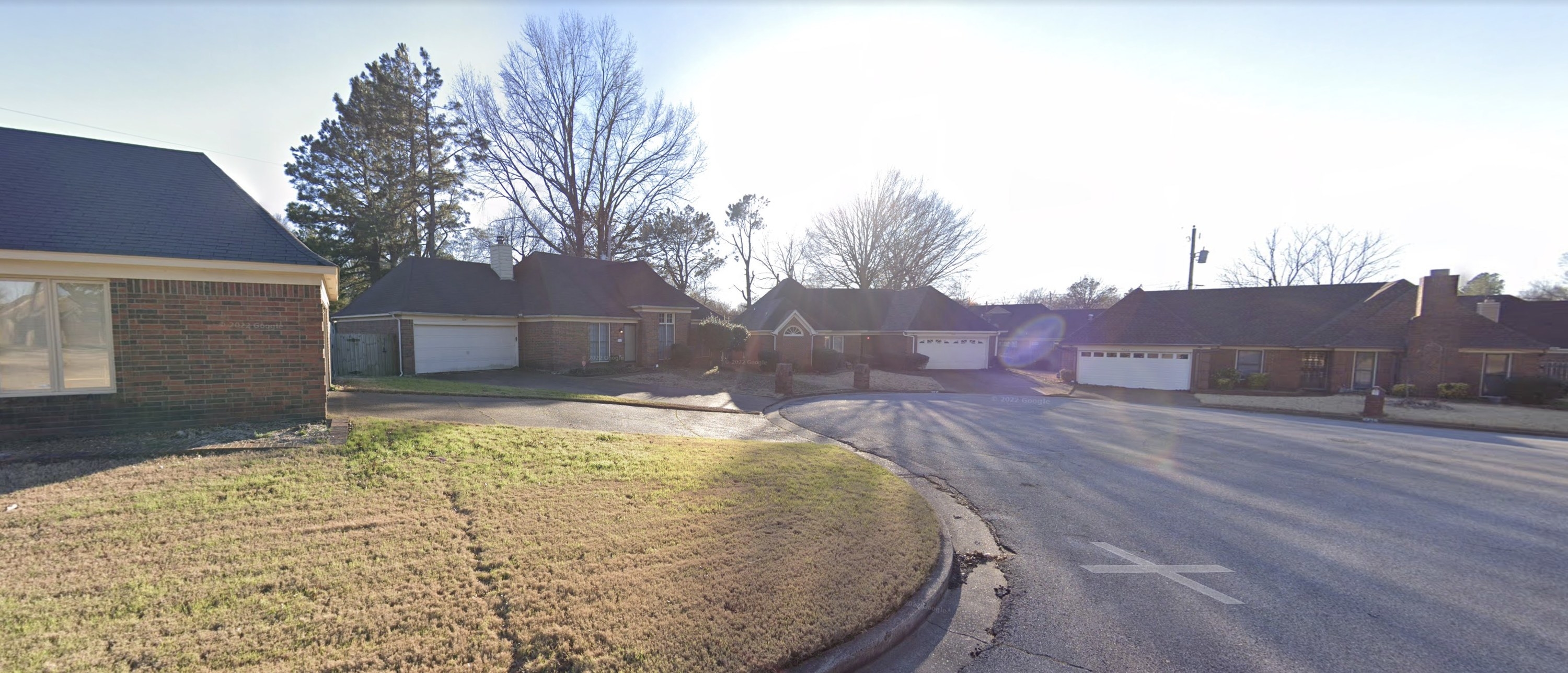
Colin Clayton, 80, moved to Hickory Hill from north Memphis in the late ’90s, drawn by the “quiet” and “peaceful” neighborhood, as well as the proximity to so many work opportunities. In the years since, he said, he has witnessed the city invest in the neighborhood’s development.
“When I first got here, we didn't have so many street lights, sidewalks, or traffic,” he said. “Now you see people up and down the street.”
Among the neighborhood’s new arrivals was Nichols, part of a growing wave of Black people migrating to the south in recent years, reversing decades of exodus. Upon joining his mother in Memphis in 2020 after living with his father in Sacramento, he found a job at FedEx and expressed optimism about what his new city had to offer compared to his native Northern California.
“At least things are affordable here,” Nichols wrote in a 2021 Facebook post. “OK jobs with decent pay. Cheaper registration fees. Cigarettes that aren’t $10 a pack lol.”
Growing up in the area, Kiara Hill navigated the surrounding streets without the fear she felt in other parts of the city, she said. Local residents were mostly senior citizens or families with young kids, she said. In the summers, she and her friends often walked from the residential subdivision to hang out at the nearby Sonic. Many evenings, she made her way to babysitting gigs around the neighborhood.
“It’s a really nice area,” said Hill, a 33-year-old insurance agent. “That’s the thing that’s so crazy. I just don’t understand.”
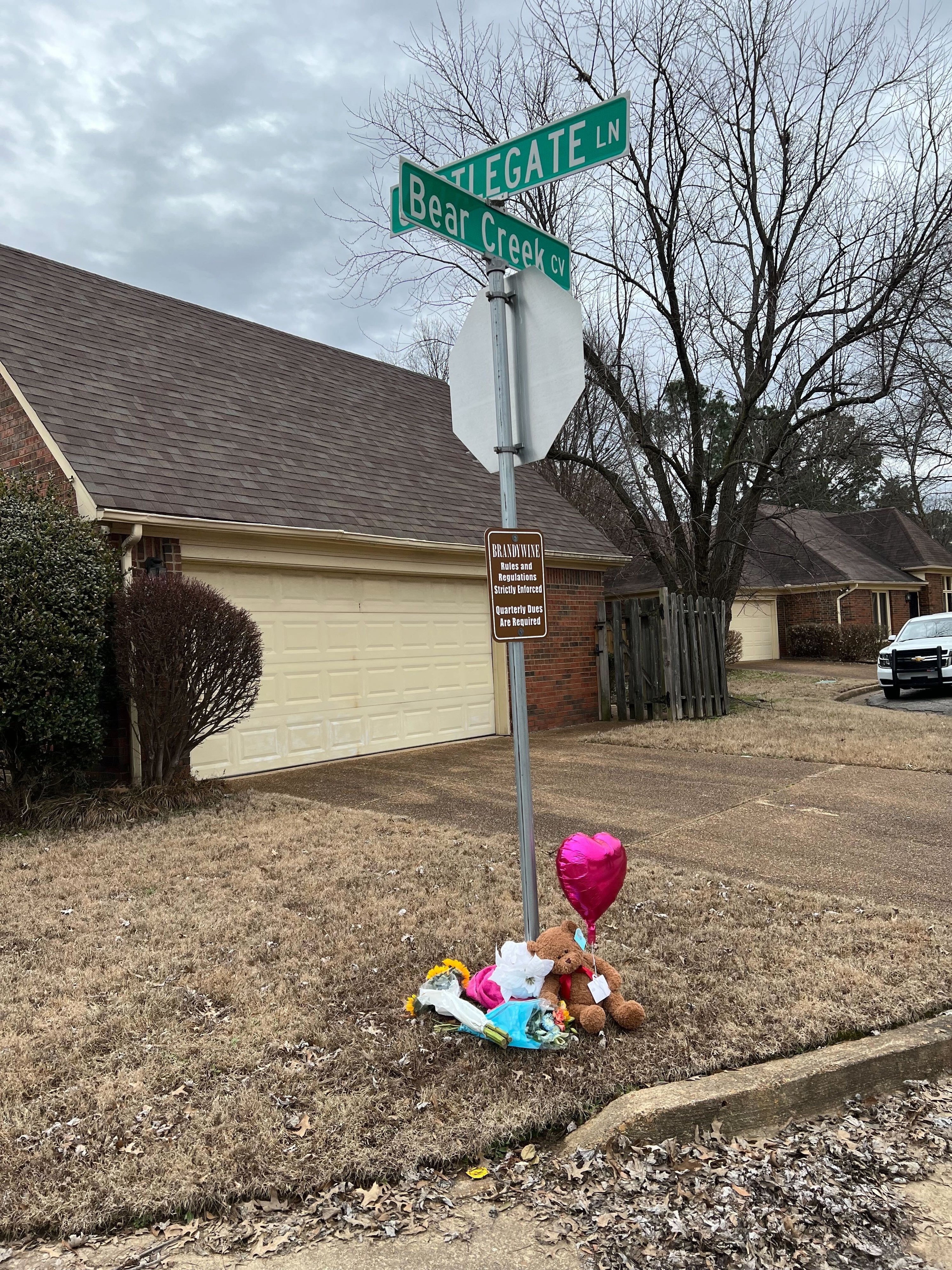
The overall crime rate in Memphis declined by around 25% from 1995 to 2019, mirroring the national trend. As in many cities, the pandemic has brought an uptick in violent and property crimes in Memphis, which has one of the highest rates among big cities in the US.
In the years since the pandemic started, Hill and other residents said that they noticed more car break-ins and robberies in Hickory Hill, as well as a spate of shootings. Cameron Ayers, a 17-year-old high school student, said somebody shot at him at a nearby gas station a few months ago in a failed attempt to steal his car. In November, one of his classmates at Kirby High was shot at the Sonic; two teenagers were arrested and charged with attempted murder. But while those incidents left him shaken, Ayers said he had no faith that more policing would solve the deep-rooted problems in a city where financial struggles fuel desperate actions.
“Police here not doing anything,” said Ayers, as he cut his friend Phillips’s hair in the open garage. “People need jobs, people need money.”
When the city announced the formation of the Scorpion unit in 2021, Hill said she was immediately concerned that the heightened police presence would bring heightened aggression.
“SCORPION was never gonna be any good,” she said. “It just opened the door to an abuse of power.”
Phillips, the other high school student, said that officers showed up at his family’s home last year to inform them that unmarked police cars would begin patrolling the neighborhood on the lookout for drug transactions. In October, he said, the city put up a surveillance camera on a light post across the street from his house. Nearly every day on his walk back from Kirby High School, he said, he saw the unmarked police cars making rounds. They didn’t make him feel any safer. Instead, he only saw more threats to avoid.
“You never know what’s gonna happen,” he said. “We feel like we can’t even do normal stuff like walking around.”
Nichols was driving home from a park where he liked to watch sunsets and take pictures when officers pulled him over on Ross Road, the street that leads to his house’s subdivision. Body camera footage shows an officer pulling him out of the car while others threatened to Tase him and “knock your ass the fuck out.” Nichols then got up and ran toward his house. After the officers caught him on Castlegate Lane, the footage shows them punching him, kicking him, and beating him with a baton while he calls for his mother.
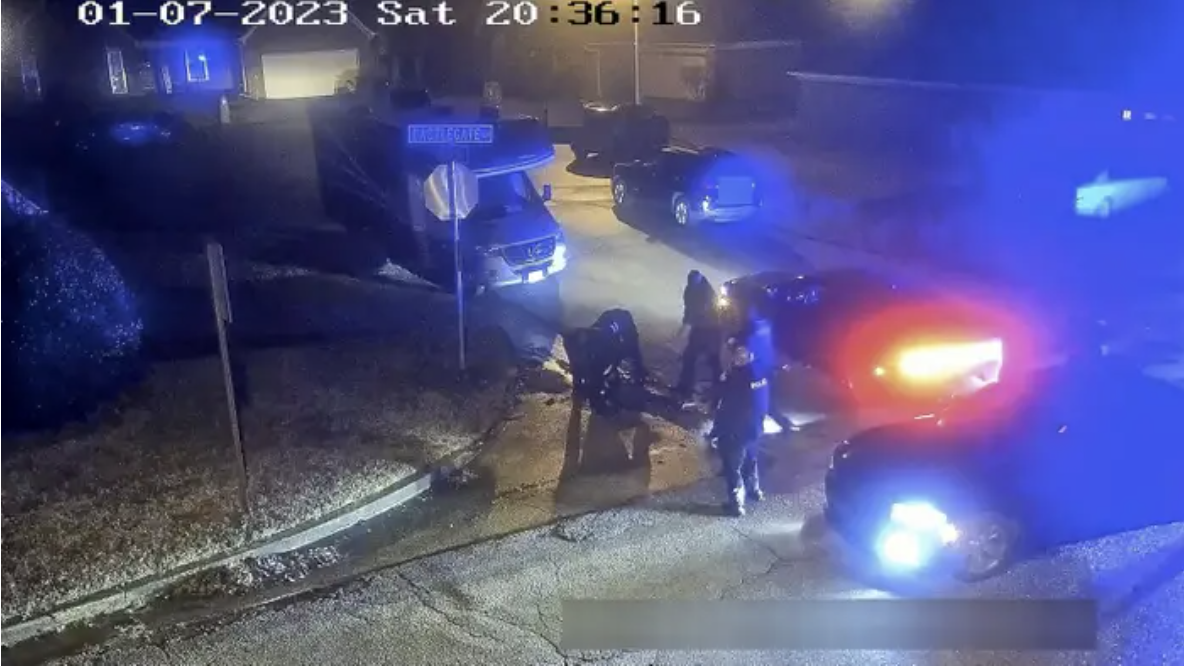
After returning from work the following morning, Anthony Finley heard his neighbor was in the hospital. When he dropped by the Wellses’ house, Rodney showed him a photo of his stepson in intensive care, swollen and draped in tubes.
“I don’t think my son’s gonna make it,” Finley recalled Wells telling him.
“He’s gonna make it,” Finley remembers saying. “We just got to keep praying.”
On Thursday, friends, family, and neighbors gathered at the Wells home to support the family in the lead up to the release of the footage. Finley didn’t know what to do other than to offer condolences and love to the family that had first welcomed him into the neighborhood. He was just two doors down if they needed anything, he told them.
“That’s what this community’s about,” Finley said. “Caring for each other.” ●
Correction: Cameron Ayers's name was misstated in a photo caption in a previous version of this story.
Correction: Nichols was driving home from a park when officers pulled him over. A previous version of this story misstated where he was coming from.

